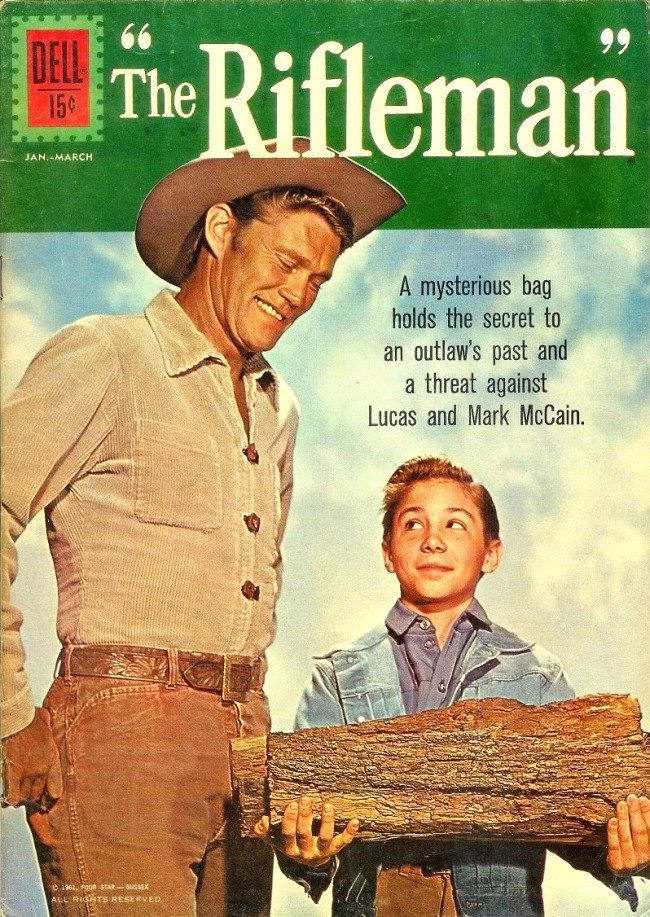- Messages
- 4,477
- Location
- Shenandoah Valley, Virginia, USA
My daughter, at age 5, is all around a good kid. She understands that some people in our country have very little. She cam be very generous-- she raised $38 for her kindergarten class' adopt a family for xmas from family. Last year she emptied out her piggy bank to give to the salvation army bell ringers. She asks for only small gifts from Santa.
She also can verbalize advertising is trying to get us to buy stuff we don't need. We are not minimalists, but new toys only come into our lives on xmas or birthdays, unless given by others.
Despite all of this, I have to heavily regulate her use of television shows because of ads. She will see something advertised and want it, planning for xmas or her birthday, even if months away. It is typically cheap plastic junk. Right now she wants a watch that plays games she saw on television two months ago for her birthday in February.
She also can verbalize advertising is trying to get us to buy stuff we don't need. We are not minimalists, but new toys only come into our lives on xmas or birthdays, unless given by others.
Despite all of this, I have to heavily regulate her use of television shows because of ads. She will see something advertised and want it, planning for xmas or her birthday, even if months away. It is typically cheap plastic junk. Right now she wants a watch that plays games she saw on television two months ago for her birthday in February.



